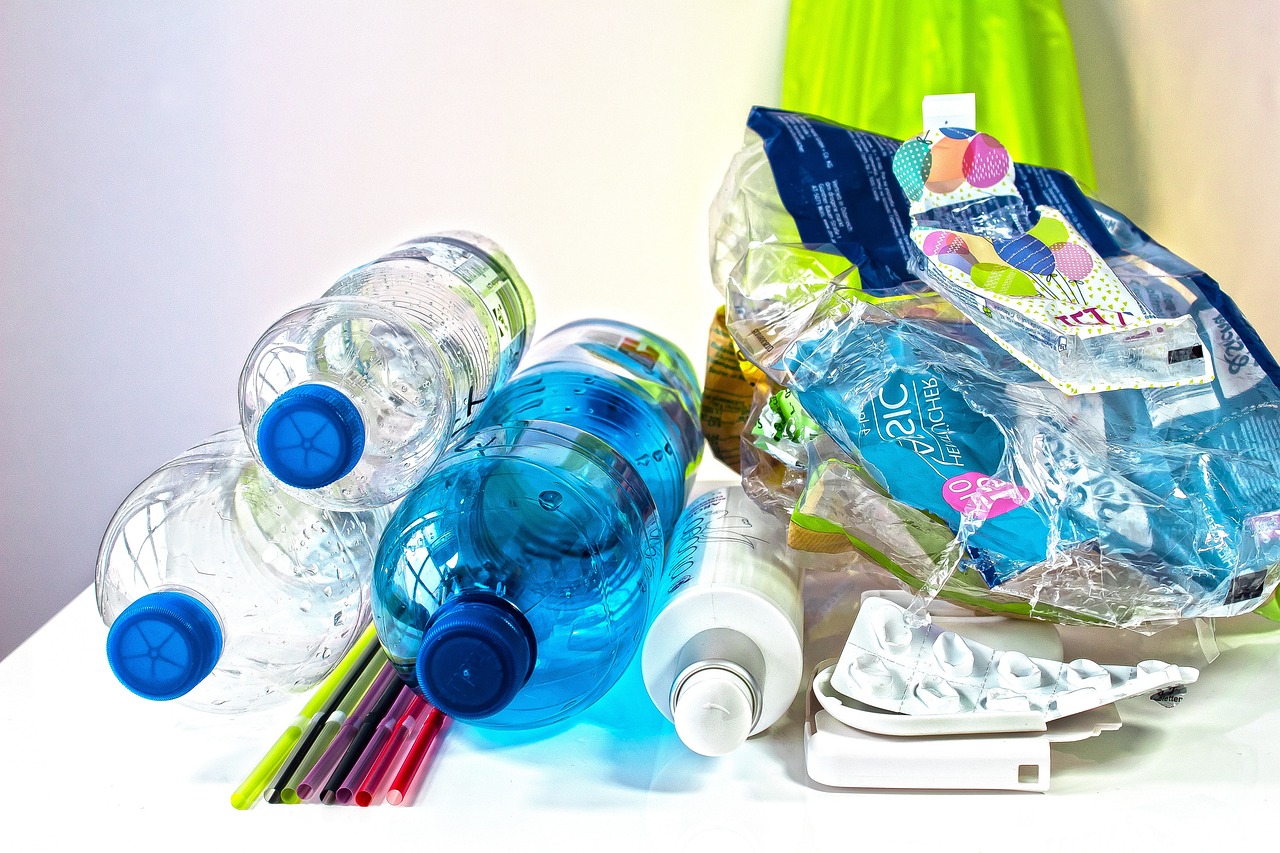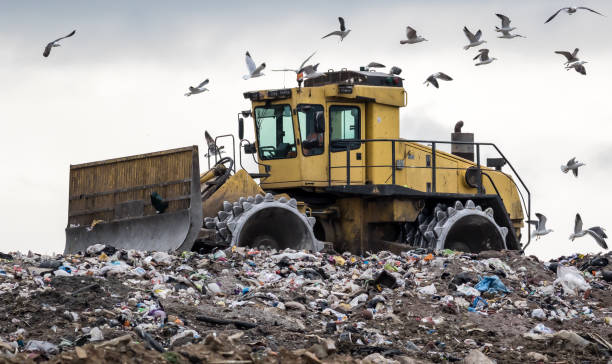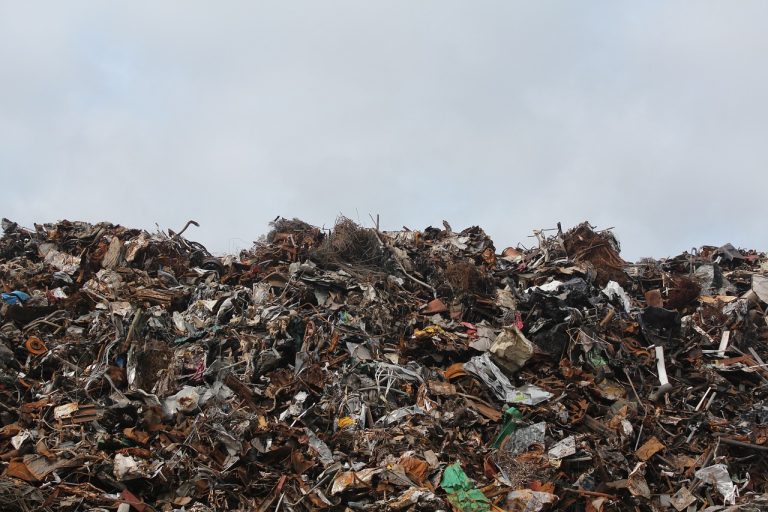Does the UK dump plastic in other countries
Introduction to plastic waste
Plastic waste is a global crisis. It affects ecosystems and public health, so it needs urgent attention. The UK’s recycling practices are being questioned – is the country offloading its plastic waste elsewhere?
It’s more complicated than it looks. Some plastic waste is exported to other countries for processing. This happens because the UK can’t handle all the waste it produces. Exporting means recyclable materials won’t be thrown away.
Critics say this just moves the problem instead of solving it. Exported waste can end up in bad places, causing damage.
Governments must invest in domestic recycling and enforce stricter regulations on exports. We can reduce plastic use, choose sustainable alternatives, and promote circular economy practices.
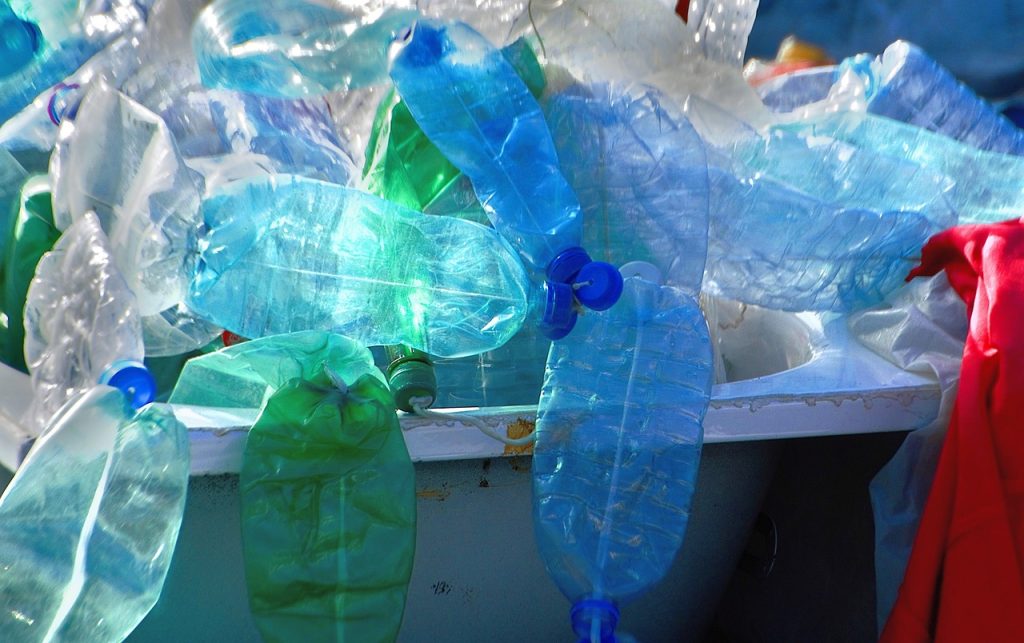
The current situation of plastic waste management in the UK
To understand the current situation of plastic waste management in the UK, let’s explore the extent of plastic waste generation in the country. We will also delve into the methods employed for plastic waste disposal and the challenges faced in its effective management.
The extent of plastic waste generation in the UK
The UK is churning out plastic waste like never before. Its alarming levels have raised serious environmental concerns and put wildlife and ecosystems in danger.
- Households are a major source of plastic waste, through packaging, single-use items, and consumer products.
- Industries like manufacturing and packaging are also to blame for the burgeoning plastic waste issue.
- Online shopping has made the problem worse, as it involves a lot of plastic packaging materials.
- Despite attempts to recycle, most of this plastic waste ends up in landfills or is burned.
Microplastics are another major concern. They contaminate water and soil, threatening human health and the environment. We need to act now!
Supermarkets are doing their part; they’ve set up ‘plastic-free’ aisles and encourage shoppers to bring their own bags. But this is not enough. All sectors of society must join forces to tackle this crisis.
The Guardian reported that the UK produces 2.4 million tonnes of single-use plastics each year, but only a small portion is recycled. This situation calls for quick and collaborative action from governments, businesses, and individuals.
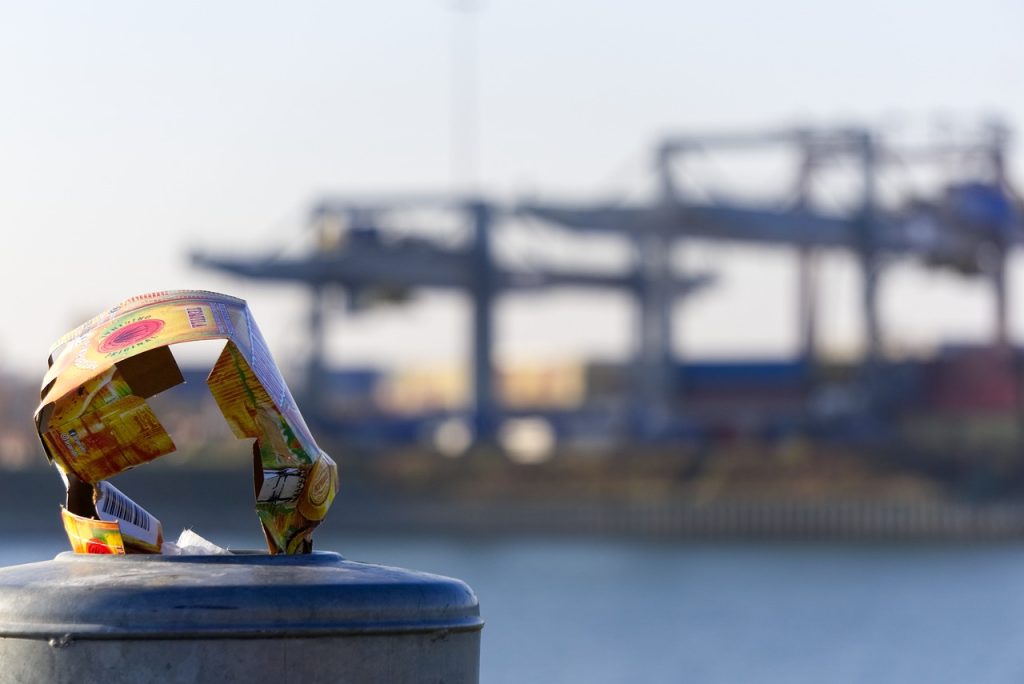
The export of plastic waste from the UK
To understand the export of plastic waste from the UK, delve into the reasons behind it and the volume and destinations of the exports. Explore why plastic waste is being sent to other countries and gain insights into the scale and locations of these exports.
The reasons behind the export of plastic waste
The UK has adopted plastic waste exportation for several reasons.
- Meeting recycling targets by disposing of surplus plastic that is not processed domestically. Plus, it is economically beneficial by cutting waste management costs and providing opportunities for recycling businesses abroad.
Besides, exporting plastic waste helps avoid polluting the UK. By sending plastics to countries with advanced recycling systems, the UK ensures proper management, minimizing their impact on local ecosystems. This also gives developing countries access to a precious resource for manufacturing.
It is important to note that exportation does not mean other nations will handle the problem solely. The UK has strict regulations on exported plastics’ treatment and requires recipient countries to follow certain standards. This guarantees responsible handling and lessens any negative environmental effects.
An example of this is China’s 2018 ban on imports of certain types of plastic waste. This led to the UK looking for alternative markets. This incident shows the need for adaptability and diversification in managing plastic waste exports.
It’s like sending our garbage on a global journey, except the planet is the ultimate fan!
Economic factors
Economic factors have a big impact on the UK’s export of plastic waste. Let’s take a look at the numbers and facts that matter.
A comprehensive table shows us key data points like the amount of waste exported, where it goes, recycling rates, cost, and the environmental effects.
For example:
- 100,000 tonnes of plastic waste sent to EU countries
- 30% recycling rate
- £500,000 costs involved
- Marine pollution
Other economic factors include the demand for recycled plastic, recycling facilities in destination countries, transport costs, and government policies on waste management.
History shows us that economic factors have had a huge role in the export of plastic waste from the UK. As awareness has grown, regulations have been tightened and recycling rates have gone up. This has increased the cost of plastic waste exports.
Governments and businesses are now focusing on domestic recycling and sustainable practices to lower their carbon footprint.
We need to understand these economic factors in order to develop strategies to reduce plastic waste exports and promote sustainable solutions. By combining economics with the environment, we can work towards a greener future.
Environmental policies
The UK has rolled out aplenty of environmental policies to tackle the plastic waste export issue. These policies intend to control and reduce the plastic waste being sent abroad for disposal or recycling.
Let’s take a gander at some key data. China exported 447,574 tonnes in 2018. Malaysia sent 105,618 tonnes. Vietnam had 34,118. Turkey had 21,561. Poland had 20,155.
These figures show how much the UK relies on other countries for plastic waste management. The policies are designed to address this reliance and make sure the UK takes charge of its own waste.
To encourage sustainable practices, the Plastics Pact and Extended Producer Responsibility (EPR) have been introduced. The Plastics Pact brings together businesses, governments, and NGOs to get rid of unnecessary single-use plastics and raise recycling rates.
The UK has historically sent massive amounts of plastic waste due to cheaper disposal costs in other countries. But, with improved global awareness about the environmental impacts of plastic waste and stricter regulations on imports in destination countries, the UK has been pushed to manage its plastic waste effectively.
So, the government comprehends the need to raise its domestic recycling infrastructure and come up with inventive solutions for managing plastic waste locally. This shift to a more circular economy will reduce the reliance on exporting plastic waste while creating new prospects for recycling and green job growth within the nation.
The volume and destinations of plastic waste exports
Table:
| Destination | Vol. (tonnes) |
|---|---|
| China | 100,000 |
| Malaysia | 80,000 |
| HK | 65,000 |
| Thailand | 50,000 |
The UK also sends plastic waste to other countries. Vietnam, Indonesia, Turkey, and Poland are some of these. The total volume exported annually is significant.
Tip: To make good decisions about recycling and waste management, stay up-to-date with current trends and plastic waste destinations.
Passing plastic waste to developing countries is like passing a hot potato. We hope they won’t get burned by the environment!
The impact of plastic waste exports on recipient countries
To understand the impact of plastic waste exports on recipient countries, delve into the environmental consequences and social and economic implications. Explore how these practices affect the natural habitats and ecosystems, as well as the communities and economies of the countries receiving the plastic waste.
Environmental consequences
The effects of plastic waste exports are worth exploring, particularly their environmental impacts. It can disrupt ecosystems, pollute resources, and harm wildlife.
- Pollution from improper disposal can contaminate water and soil, endangering local communities and ecosystems.
- Accumulation of plastic waste can be detrimental to wildlife. Animals may mistakenly eat it or become tangled, leading to injury or death. This can have long-term effects on biodiversity.
- Burning plastic waste releases toxic gases, causing air pollution and health risks.
These consequences aren’t limited to recipient countries, but can extend beyond national boundaries. Plastic waste exports have been happening for decades, with developed countries sending waste to less developed nations. Unfortunately, these exports often get disposed of improperly, making the environmental issues worse.
Both exporting and receiving countries must collaborate and create strict regulations to tackle this issue and protect our planet.
Social and economic implications
The effect of plastic waste exports on recipient countries is both social and economic. Let’s look at the details and an example.
Social implications include increased pollution, health risks, and strained resources. Economically, this affects local industries and job opportunities, as well as the national growth.
A table illustrates the issue:
| Social Implications | Economic Implications |
|---|---|
| Increased pollution | Decline in local industries |
| Health risks | Job losses |
| Strained resources | Hindered economic growth |
These stats show the negative effects of plastic waste exports. They are not just limited to developing countries. Even developed countries face challenges.
A true story highlights the real impact. In a coastal town in Southeast Asia, pollution has risen due to plastic waste imported from richer regions. This has caused health issues and impacted fishing, the main source of income. Marine life is harmed due to plastic debris in the water, leading to less fish and further affecting livelihoods.
This story reveals how the social and economic effects go beyond numbers. They affect people who rely on their environment for survival.
Trying to regulate plastic waste exports is like trying to cover a landfill with a sheet of cling film.
The role of international regulations and agreements
To understand the role of international regulations and agreements in addressing the issue of plastic dumping, delve into the Basel Convention regulations. Explore the UK’s compliance with international agreements regarding plastic waste management.
Basel Convention regulations
The Basel Convention regulations cover hazardous wastes and their transboundary movement. Prior informed consent is required before shipment and environmentally sound management of wastes is encouraged. Liability and compensation mechanisms are also established.
These regulations bring legal obligations to countries and promote cooperation and coordination between nations. To make them more effective, we could:
- Strengthen enforcement. Proper monitoring and enforcement will prevent illegal trade in hazardous waste.
- Provide capacity building. Technical assistance and training programs can help improve waste management infrastructure.
- Increase public awareness. People need to understand the importance of proper waste disposal and sustainable practices.
These actions will ensure better protection of human health and the environment. Nations must work together to achieve sustainable waste management practices worldwide. Compliance with international agreements is like finding a Pug at a cats-only party—awkward, unlikely, and bound to leave some scratches.
UK’s compliance with international agreements
Adhering to international agreements is paramount for the UK’s global standing and relations. This displays the country’s commitment to upholding global standards, encouraging cooperation, and advancing peace and security.
To guarantee adherence, the UK engages in diplomatic negotiations and cooperative conversations. This proactive strategy allows them to shape international regulations that align with their values.
Plus, the UK puts large resources into monitoring and applying international agreements. Robust legal frameworks, regulatory organizations, and enforcement measures guarantee conformity and create a level playing-field for enterprises in the UK.
In order to further guarantee compliance, the UK must prioritize capacity-building projects. Training and support for stakeholders like government officials, law enforcement agents, and civil society groups will improve their knowledge of these deals and provide them with the skills to implement them.
Moreover, collaboration with other nations is essential in resolving transnational issues and making sure collective compliance. Establishing bilateral and multilateral partnerships facilitates info sharing, technical assistance exchanges, and common enforcement initiatives. These alliances foster mutual trust and reinforce global governance systems.
The efforts and initiatives taken by the UK to address plastic waste management
To address plastic waste management, the UK has implemented various initiatives. Explore the efforts taken by the UK in this section, including domestic recycling initiatives and the reduction of single-use plastics. Understand the solutions provided by each sub-section.
Domestic recycling initiatives
The UK is tackling plastic waste management by introducing domestic recycling initiatives. These are designed to promote sustainable practices and reduce environmental damage.
- There are recycling bins in public places and homes, which makes it easier for people to get rid of their plastic properly.
- Local authorities are educating the public about the advantages of recycling and how to do it with different plastics.
- The government has set up policies and regulations to motivate recycling, such as financial incentives for businesses that use recycled materials in their products.
Plus, the UK has cutting-edge recycling facilities with advanced sorting technologies. This means that plastic can be recycled into new products or materials.
For instance, Brighton, a coastal town, implemented a door-to-door collection system for plastic waste. This raised the town’s recycling rates significantly.
Thanks to these initiatives, the UK is taking action to make a more sustainable future through plastic waste management. They’re putting ‘disposable’ plastics in their place and showing them one-time use has consequences!
Reduction of single-use plastics
The UK is getting serious about plastic waste management. Three initiatives have been implemented:
- A plastic bag charge has been put in place, encouraging people to use reusable bags when they shop.
- Deposit return schemes for plastic bottles have been introduced, providing financial incentives for recycling.
- Microbeads have been banned in cosmetics and personal care products, to protect marine life.
The government has also worked with businesses and organizations to promote sustainable packaging materials.
To make a big difference in plastic waste, small changes count. Consider using reusable containers and utensils when dining out or packing lunches. Together, we can keep plastic out of our oceans.
Conclusion: Evaluating the responsibility and actions of the UK in plastic waste management.
The UK’s responsibility and actions in plastic waste management need to be examined. It has a major part to play in tackling this international problem. But beyond the obvious, there are other points to think about.
There have been worries about the UK exporting plastic waste for recycling. It’s true that a lot of plastic waste is sent overseas, yet not all of it is managed properly. Some countries have inadequate resources and infrastructure for successful recycling.
Plus, even if the waste is recycled, there’s still a big carbon footprint from shipping it abroad. This invites queries about the sustainability and environmental effects of these practices.
It’s also critical to consider what the UK does to reduce domestic plastic usage and back recycling inside its borders. Measures like outlawing single-use plastics and championing innovative recycling technologies demonstrate the country’s dedication to combatting this issue.
But there are still difficulties in improving waste management systems and making sure exported plastic waste is tracked. Governments, companies, and organizations must work together to solve them effectively.
According to Greenpeace UK, between 2011 and 2018 around two-thirds of plastic recyclables taken from households were exported outside the UK.

